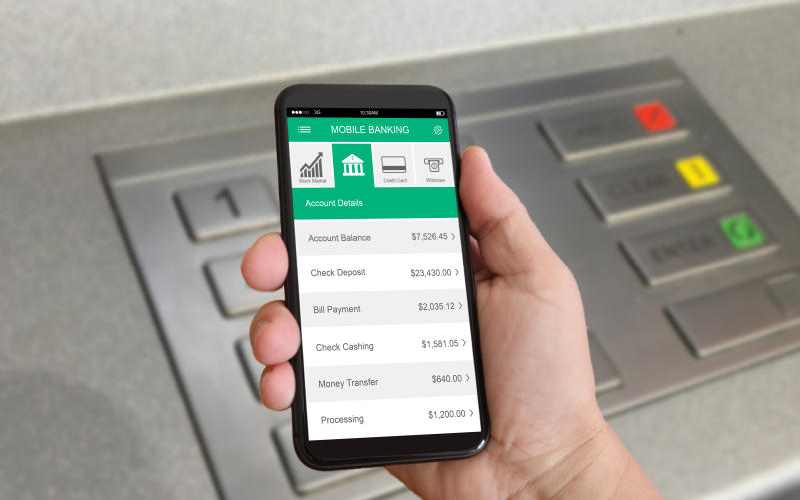Six years ago, Alice Njeri Maina was shocked to find her name listed at a credit reference bureau for defaulting on a loan she never took.
The account was registered under her son’s name. A puzzled Njeri, therefore, visited her bank’s Nakuru branch to follow up on the issue. The bank promised to investigate.
Unknown to her, another borrower with an identical name and an account at the same bank had taken a loan in 2011, which was in arrears for Sh167,000. Njeri’s name had been mistakenly listed at the CRB for four years.
She sued the bank, citing defamation, emotional distress and failure to get a credit facility on account of her wrongful listing. Read More
The judge awarded her Sh200,000 in damages, finding that the bank had erred in listing her without informing her.
Njeri’s case highlights the challenges borrowers face when lending institutions that process millions of customers’ information make mistakes in handling their data. But it’s not the only mistreatment of the data that is of concern, these institutions unlawfully mine your data for personal use.
The adoption of mobile loans means the risk of mishandling consumers’ data today has grown significantly, and experts are now warning that regulators and the existing regulations are unable to compel fintech (financial technology) to comply with data protection laws.
A new report found that digital lending apps and commercial lenders are harvesting vast amounts of personal data from their users, often without their knowledge.
According to a new report by Strathmore University’s Centre for Intellectual Property and Information Technology Law (CIPIT) and Citizen Labs, digital lending apps are linked to tracking and advertising software, raising questions over the sale of Kenyans’ personal data to third parties.
“All the apps read contacts, location data and have access to network connectivity data,” explains the report in part. “The apps have continuous access to location data, meaning that they track borrowers’ movements. Coupled with the fact that the apps run at start-up and prevent the phone from sleeping, this raises issues from a data protection perspective, for example, transparency and data minimisation.”
The report looked at the data policies of six digital loan providers, including Tala, Branch, Okash and Lioncash as well as services from commercial lenders, such as KCB, Absa’s Timiza and Finserv’e Eazzy Banking app.Researchers analysed the apps’ privacy and data sharing policies, using a proxy tool to determine the data collected by the apps at start-up and […]
